Get MYLO APP
Install Mylo app Now and unlock new features
💰 Extra 20% OFF on 1st purchase
🥗 Get Diet Chart for your little one
📈 Track your baby’s growth
👩⚕️ Get daily tips

OR


Article Continues below advertisement
- Home

- Periods

- Menorrhagia: A Guide to Understanding Heavy Period Bleeding (Part 1)
In this Article
- What is Menorrhagia?
- What are the Signs and Symptoms of Menorrhagia?
- 1. Excessive Bleeding
- 2. Clotting
- 3. Frequent Pad or Tampon Changes
- 4. Anemia Symptoms
- What are the Reasons for Heavy Bleeding During Periods?
- 1. Hormonal Imbalances
- 2. Uterine Fibroids
- 3. Polyps
- 4. Adenomyosis
- 5. Certain Medications
- When to See a Doctor for Heavy Period Bleeding?
- 1. Bleeding Lasts Longer Than Seven Days
- 2. Excessive Clotting
- 3. Frequent Pad or Tampon Changes
- 4. Symptoms of Anemia
- Menorrhagia Treatment
- Medications for Heavy Bleeding During Period
- 1. Nonsteroidal Anti-Inflammatory Drugs (NSAIDs)
- 2. Hormonal Contraceptives
- 3. Tranexamic Acid
- Surgical Options for Menorrhagia
- 1. Endometrial Ablation
- 2. Hysterectomy
- Final Thoughts
- References
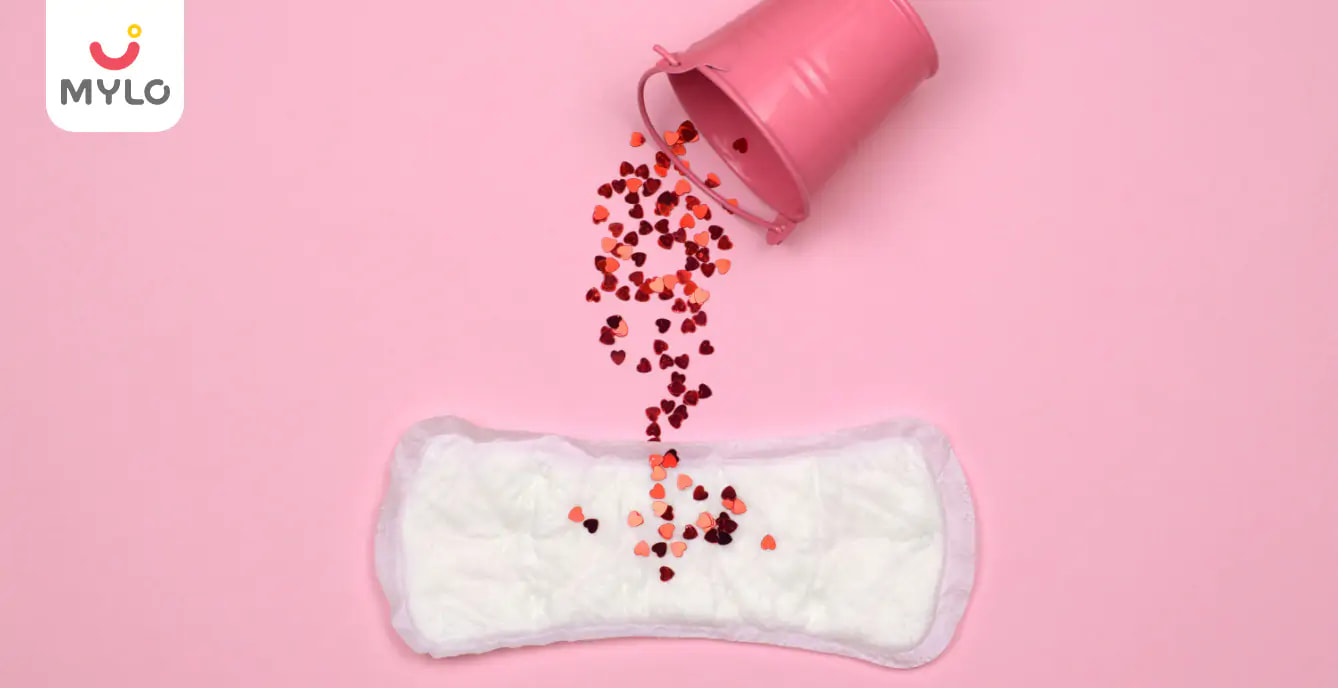
Periods
 520
520Menorrhagia: A Guide to Understanding Heavy Period Bleeding (Part 1)
Updated on 10 August 2023



Medically Reviewed by
Dr. Shruti Tanwar
C-section & gynae problems - MBBS| MS (OBS & Gynae)
View Profile

Are you tired of dealing with heavy period bleeding that seems never-ending? Well, you're not alone. Menorrhagia, the medical term for heavy menstrual bleeding, affects many women around the world. But fret not, because, in this article, we're going to dive deep into the world of menorrhagia and explore everything you need to know about this common condition.
We'll understand about this condition, discuss its causes and symptoms, and most importantly, provide you with practical tips and treatments to help you regain control over your menstrual cycle. Get ready to empower yourself with knowledge and bid farewell to those heavy flow days!
What is Menorrhagia?
Menorrhagia is a condition characterized by abnormally heavy and prolonged menstrual bleeding. Women experiencing this condition may find that their periods last longer than seven days and require frequent changing of sanitary products, such as pads or tampons, to manage the flow. This excessive bleeding can cause discomfort, fatigue, and even anemia in some cases. Menorrhagia can disrupt daily activities and quality of life, making it essential to seek appropriate treatment.
Article continues below advertisment
What are the Signs and Symptoms of Menorrhagia?
Identifying the signs and symptoms of menorrhagia is crucial for early detection and intervention. Some common indicators include:
1. Excessive Bleeding
Menorrhagia is characterized by heavy and prolonged menstrual bleeding that surpasses the normal range.
2. Clotting
Women often experience the passage of blood clots during their periods.
3. Frequent Pad or Tampon Changes
Heavy period bleeding may require changing sanitary products every hour or two, as the flow is significantly heavier than usual.
4. Anemia Symptoms
Women with menorrhagia may exhibit symptoms of anemia, such as fatigue, weakness, and shortness of breath.
Article continues below advertisment
If you are experiencing any of these signs and symptoms, it is important to consult a healthcare professional for an accurate diagnosis and appropriate management plan.
You may also like: Oligomenorrhea: What Every Woman Needs to Know About Irregular Periods
What are the Reasons for Heavy Bleeding During Periods?
There are several underlying factors that can contribute to heavy menstrual bleeding, leading to menorrhagia. Understanding these reasons can help shed light on the condition and guide treatment options. Some common causes include:
1. Hormonal Imbalances
Hormonal imbalances, particularly an excess of estrogen relative to progesterone, can disrupt the normal menstrual cycle and lead to heavy bleeding.
2. Uterine Fibroids
Fibroids are noncancerous growths in the uterus that can cause heavy menstrual bleeding.
Article continues below advertisment
3. Polyps
Uterine polyps, which are small, benign growths on the uterine lining, can contribute to menorrhagia.
4. Adenomyosis
Adenomyosis occurs when the tissue lining the uterus grows into the muscular wall, leading to heavy and painful periods.
5. Certain Medications
Certain medications, such as blood thinners, can increase the risk of heavy bleeding during periods.
It is important to consult a healthcare provider for a thorough evaluation to determine the underlying cause of menorrhagia and develop an appropriate treatment plan.
When to See a Doctor for Heavy Period Bleeding?
While occasional heavy bleeding during periods may not be cause for immediate concern, certain circumstances warrant medical attention. It is advisable to consult a doctor if:
Article continues below advertisment
1. Bleeding Lasts Longer Than Seven Days
If your period persists for more than a week, it is recommended to seek medical advice.
2. Excessive Clotting
Passing large blood clots during your period can indicate menorrhagia and should be evaluated by a healthcare professional.
3. Frequent Pad or Tampon Changes
If you find yourself changing sanitary products every hour or two due to heavy bleeding, it is advisable to consult a doctor.
4. Symptoms of Anemia
Fatigue, weakness, and shortness of breath may indicate anemia resulting from heavy bleeding and should be addressed by a healthcare provider.
A doctor will be able to assess your symptoms, conduct necessary tests, and provide appropriate guidance and treatment options to manage menorrhagia effectively.
Article continues below advertisment
You may also like: The Hormonal Dance: Understanding Which Hormones Regulate Menstrual Cycle
Menorrhagia Treatment
The treatment of menorrhagia depends on several factors, including the underlying cause, severity of symptoms, and individual preferences. There are various options available to manage heavy period bleeding effectively. These treatment options can be broadly categorized into medications, surgical interventions, and lifestyle changes.
Medications for Heavy Bleeding During Period
Medications can help regulate menstrual flow and reduce heavy bleeding. Some commonly prescribed medications for menorrhagia include:
1. Nonsteroidal Anti-Inflammatory Drugs (NSAIDs)
NSAIDs, such as ibuprofen, can help reduce menstrual bleeding and relieve pain associated with menorrhagia.
2. Hormonal Contraceptives
Birth control pills, hormonal patches, and intrauterine devices (IUDs) can help regulate hormonal imbalances and reduce heavy bleeding.
Article continues below advertisment
3. Tranexamic Acid
This medication helps reduce menstrual blood loss by preventing blood clots from breaking down too quickly.
It is important to consult a healthcare professional to determine the most suitable medication for your specific condition.
Surgical Options for Menorrhagia
In some cases, surgical interventions may be recommended to manage menorrhagia. Surgical options can include:
1. Endometrial Ablation
This procedure involves removing the lining of the uterus to reduce or eliminate heavy menstrual bleeding.
2. Hysterectomy
In severe cases or when other treatments have not been successful, a hysterectomy may be recommended to remove the uterus entirely.
Article continues below advertisment
Surgical interventions are typically considered for women who have completed their childbearing or have tried other treatment options without success. It is essential to discuss the potential risks, benefits, and alternatives with a healthcare professional before opting for surgery.
Read Next: How to Stop Heavy Bleeding During Periods: Home Remedies (Part 2)
Final Thoughts
Understanding the signs, symptoms, reasons, and treatment options for menorrhagia is key to effectively managing this condition. If you are experiencing heavy bleeding during periods or suspect you may have menorrhagia, it is crucial to consult a healthcare professional for an accurate diagnosis and tailored treatment plan. Remember, you don't have to suffer in silence – there are solutions available to help you navigate menorrhagia and regain control over your menstrual health.
References
1. Duckitt K. Menorrhagia. (2015). BMJ Clin Evid.
2. Sriprasert I, Pakrashi T, Kimble T, Archer DF. (2017). Heavy menstrual bleeding diagnosis and medical management. Contracept Reprod Med.
Article continues below advertisment





Medically Reviewed by
Dr. Shruti Tanwar
C-section & gynae problems - MBBS| MS (OBS & Gynae)
View Profile


Written by
Mylo Editor
Official account of Mylo Editor
Read MoreGet baby's diet chart, and growth tips

Related Articles
Related Questions
Hello frnds..still no pain...doctor said head fix nhi hua hai..bt vagina me pain hai aur back pain bhi... anyone having same issues??
719 views
Kon kon c chije aisi hai jo pregnancy mei gas acidity jalan karti hain... Koi btayega plz bcz mujhe aksar khane ke baad hi samagh aata hai ki is chij se gas acidity jalan ho gyi hai. Please share your knowledge
728 views
I am 13 week pregnancy. Anyone having Storione-xt tablet. It better to have morning or night ???
731 views
Hlo to be moms....i hv a query...in my 9.5 wk i feel body joint pain like in ankle, knee, wrist, shoulder, toes....pain intensity is high...i cnt sleep....what should i do pls help....cn i cosult my doc.
734 views
Influenza and boostrix injection kisiko laga hai kya 8 month pregnancy me and q lagta hai ye plz reply me
744 views
RECENTLY PUBLISHED ARTICLES
our most recent articles

Gas & Bloating
Indigestion and Heartburn During Pregnancy
(35,723 Views)
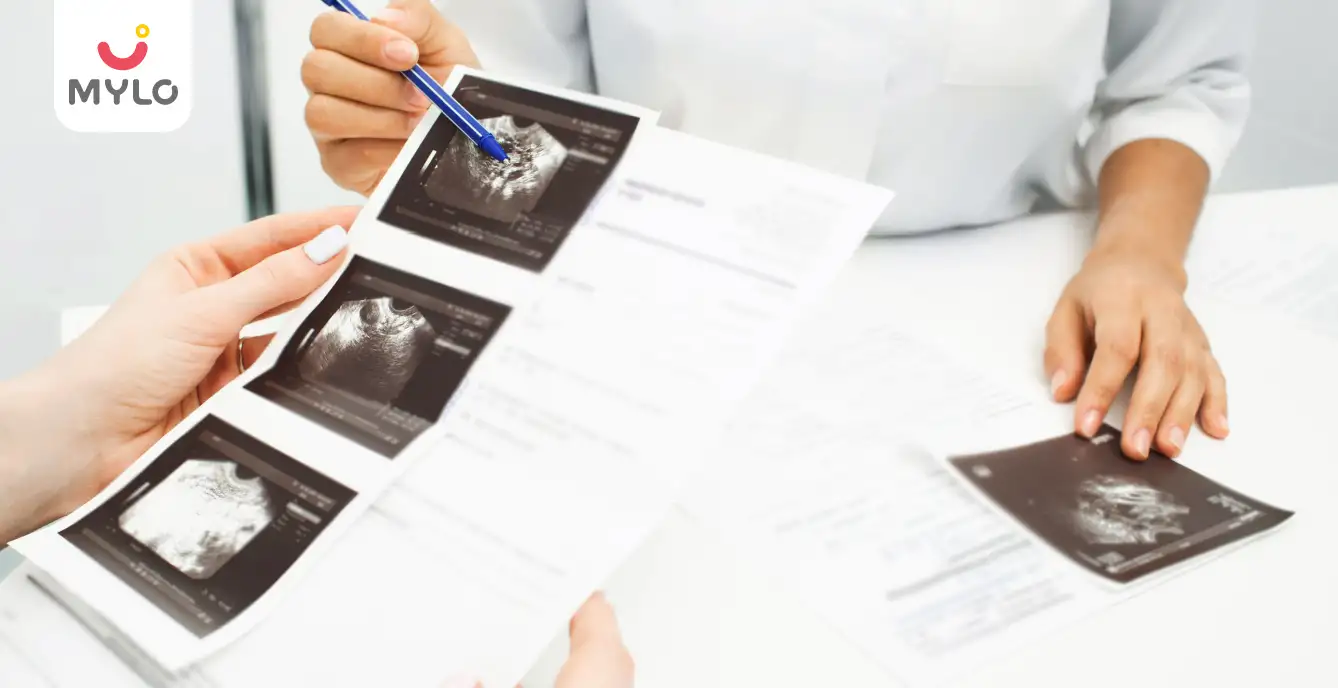
Fertility
Understanding Follicular Study: A Comprehensive Guide to Female Fertility
(951 Views)

Maternity Fashion
Maternity Fashion: How to Dress in Style in Each Trimester of Your Pregnancy?
(39,993 Views)
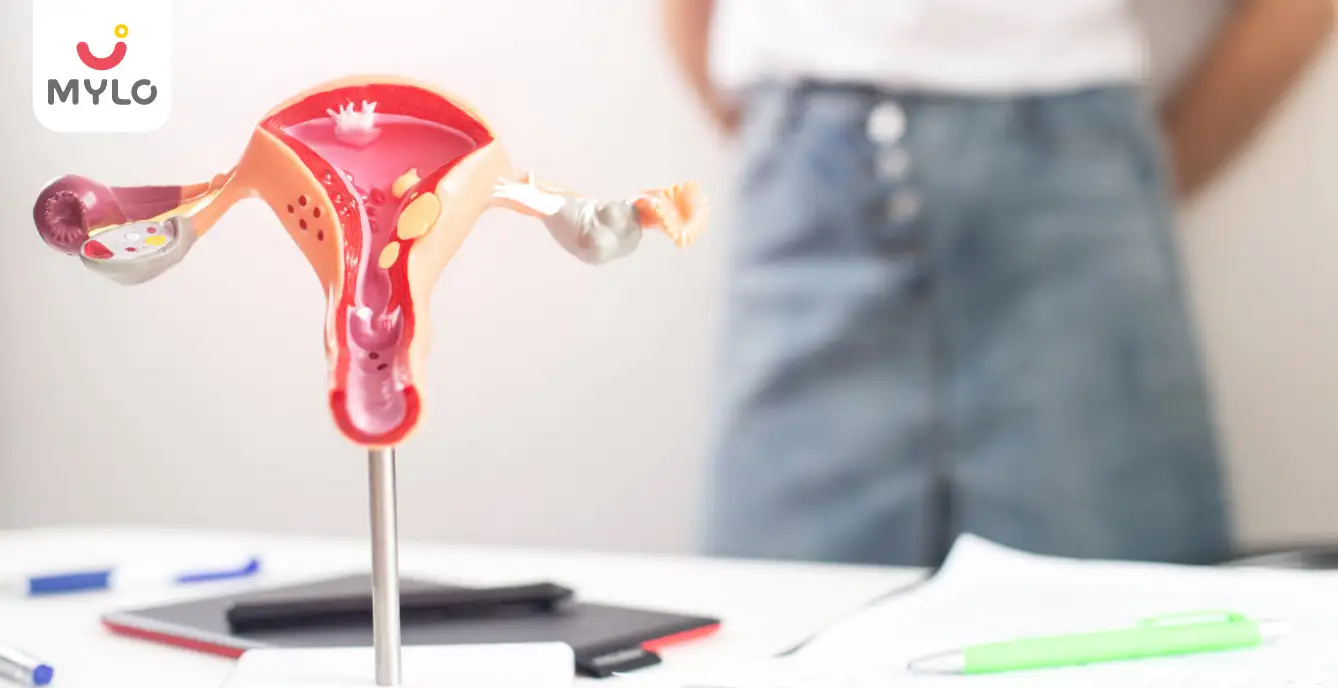
Periods
Oligomenorrhea: What Every Woman Needs to Know About Irregular Periods
(772 Views)
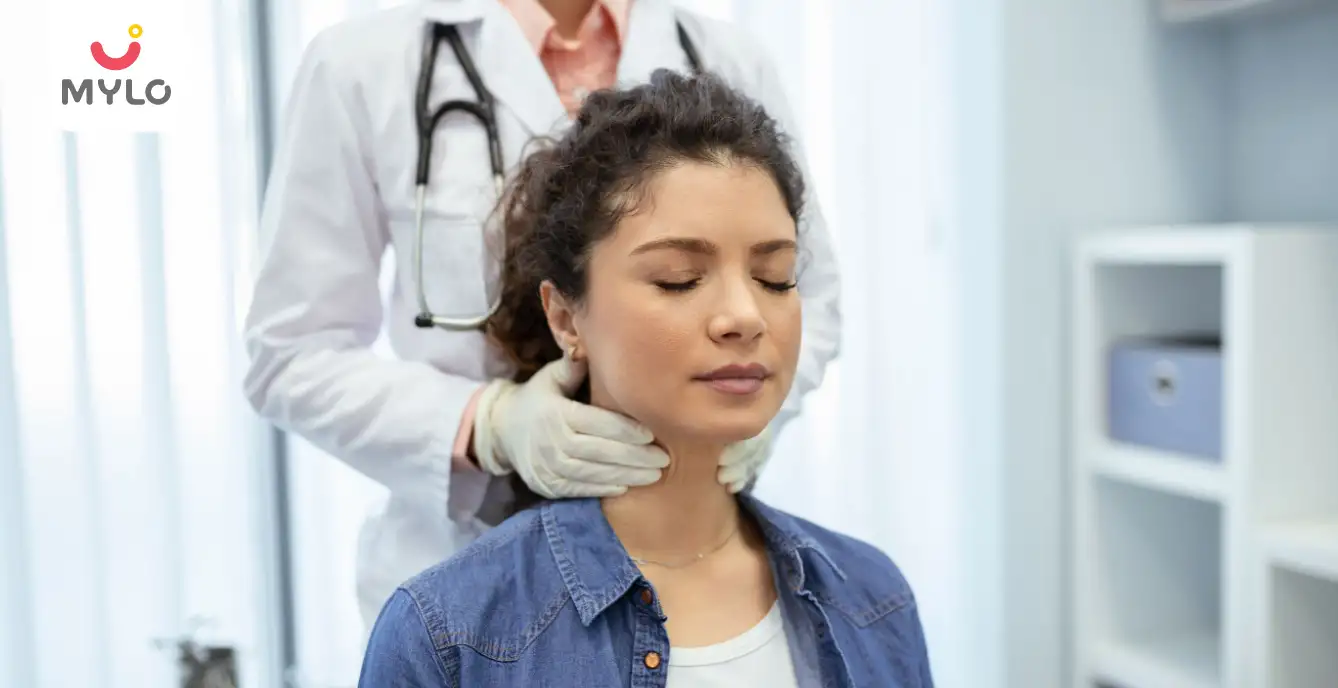
Common Health Problems
Can a Woman with Thyroid Problems Get Pregnant: Conceiving Against the Odds
(688 Views)
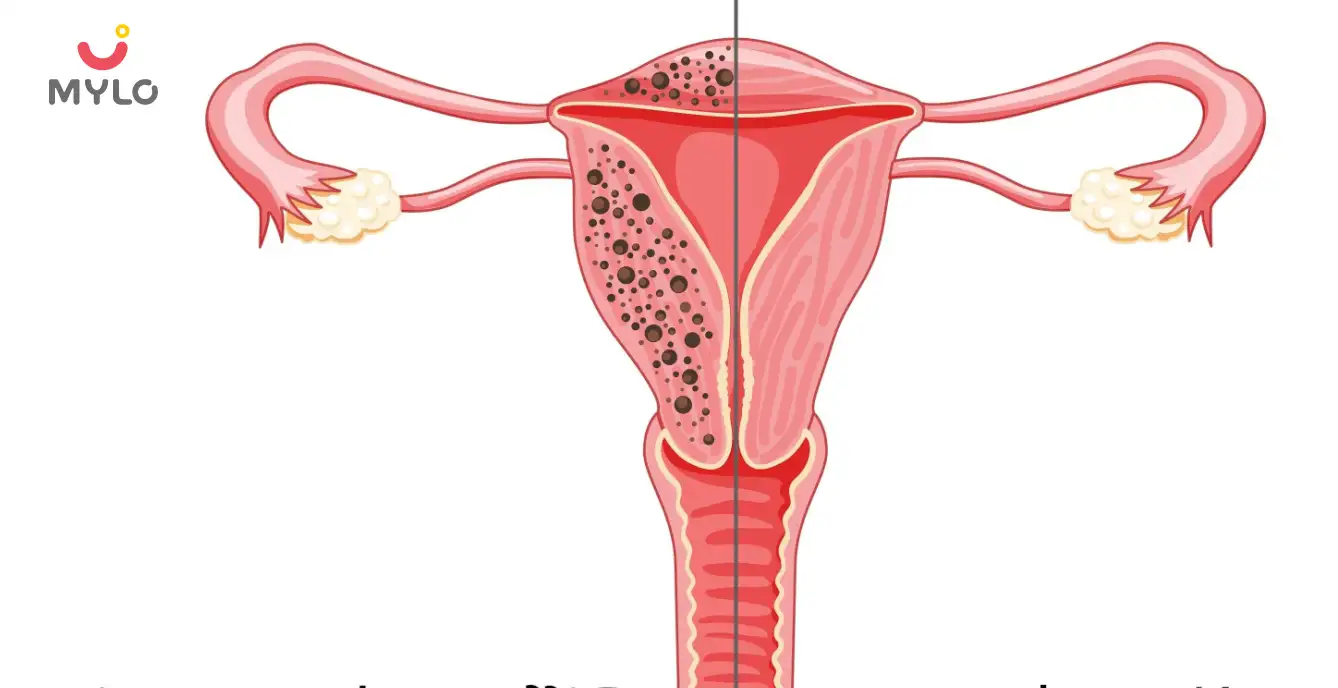
Periods
Adenomyosis Vs Endometriosis: How to Spot the Symptoms and Seek Early Intervention
(567 Views)
- Fertility Test for Men and Women: What to Expect and Next Steps
- Reason for Irregular Periods After Marriage: A Comprehensive Guide
- How Soon Can You Get Pregnant After Stopping the Pill?
- Watery Semen: Is It Normal or a Sign of an Underlying Condition?
- Embryo Transfer: The Ultimate Guide to Procedure, Success Rates and FAQs
- Hyperspermia: The Ultimate Guide to Understanding Excessive Semen Production
- Painful Ejaculation and Its Impact on Men's Health: From Stigma to Solutions
- Hypospermia: What Every Man with Low Semen Volume Should Know
- Eye Flu Alert: The Seasonal Epidemic You Need to Know About
- How Many Days After IUI Should I Get My Period: Understanding the Timeline
- An Expecting Mother's Guide to Glucose Tolerance Test (GTT)
- Difference Between IUI and IVF: Which is Better for You?
- Ovarian Stimulation: Understanding the Process and What to Expect
- IVF Baby Delivery: Will You Have a C Section or Vaginal Delivery?


AWARDS AND RECOGNITION

Mylo wins Forbes D2C Disruptor award

Mylo wins The Economic Times Promising Brands 2022
AS SEEN IN
















- Mylo Care: Effective and science-backed personal care and wellness solutions for a joyful you.
- Mylo Baby: Science-backed, gentle and effective personal care & hygiene range for your little one.
- Mylo Community: Trusted and empathetic community of 10mn+ parents and experts.
Product Categories
baby carrier | baby soap | baby wipes | stretch marks cream | baby cream | baby shampoo | baby massage oil | baby hair oil | stretch marks oil | baby body wash | baby powder | baby lotion | diaper rash cream | newborn diapers | teether | baby kajal | baby diapers | cloth diapers |





